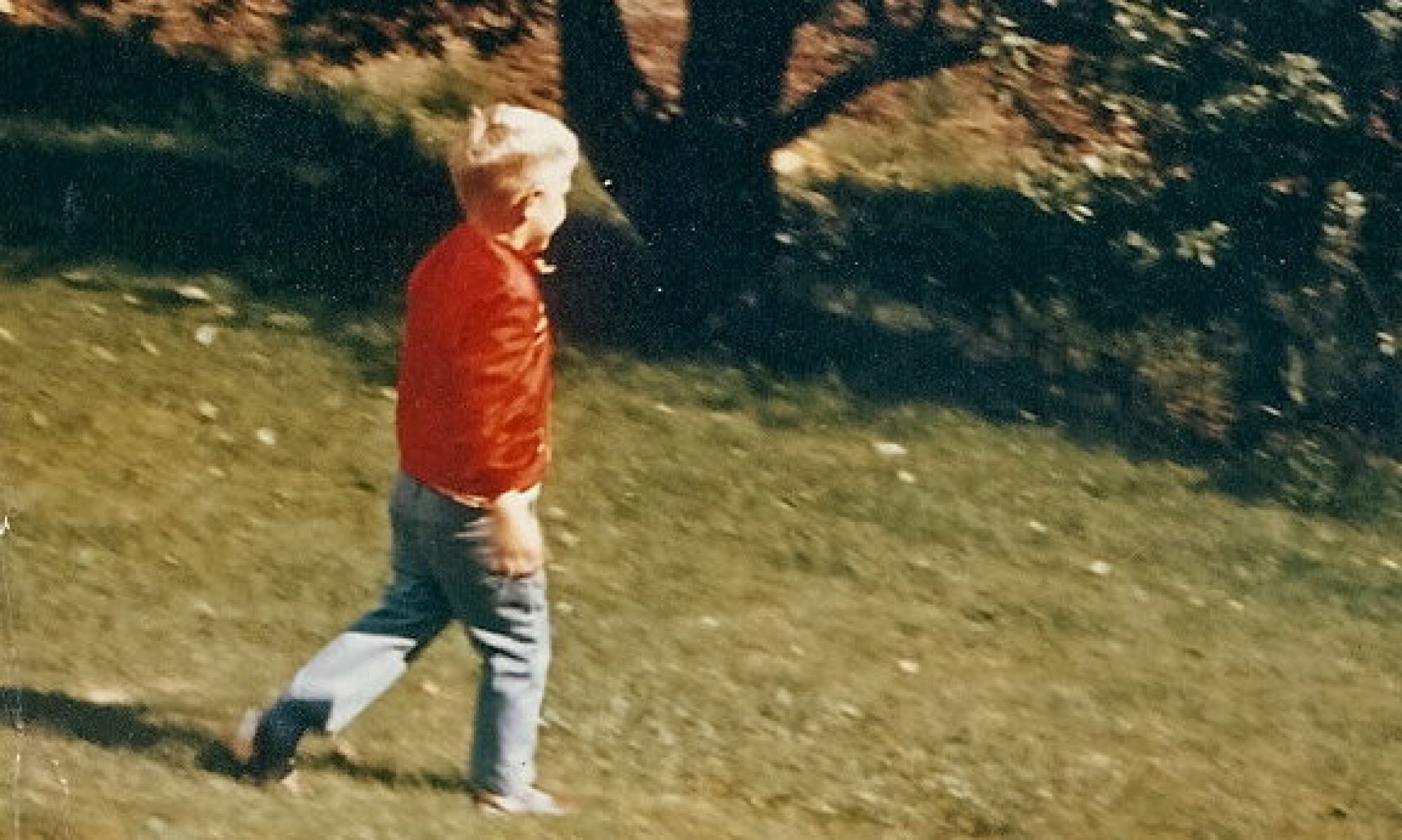Picture this. A small alternative high school with a dedicated staff of a dozen or so commited teachers are assembled at a weekly staff meeting discussing whether or not a student should be expelled.
The school has since changed considerably, but back then (in 1996), it was a place where students who were deemed as “unteachable” could attend school in small classes (no more than 6 students in a class) to get the personalized, 1:1 type of instruction they needed to be successful. Clearly, there was nowhere else these students could go.
And they were great people, mostly. They had made some bad choices, they had been treated as less than by peers, they had been damaged by past teachers and classroom experiences. Most of them were adopted, or from broken homes. Deep down, they were “good kids.”
But one of them had brought a gun to school. And, due to his learning differences, he lacked the self-awareness to understand why that was a bad thing.
1996.
That afternoon my life changed. The fact of the matter was that I hadn’t really thought, even given the sometimes violent nature of some of my students, that I was in danger. But I knew about guns. I knew about the kind of damage they can do. I knew well how to load, aim and fire, something that most people don’t, frankly. How guns are manufactured to be easy to use. So much so that you can make a mistake. And if you have any kind of impairment, physical, mental, cognitive … you name it … you can cause unbelievable harm.
The question before the group was what we should do to discipline this person who had made a mistake. A lapse in judgement. A poor choice.
“He has nowhere else to go,” the director said.
After a few moments of uncomfortable silence, I spoke up.
“No,” I said.
Silence.
“No. There’s nothing good to be found here. This is a gun. A gun. So no.”
Stunned silence.
“What do you mean?” She asked.
“I mean no,” I said. “We need to draw a hard line here. This is a gun. A gun. I’m not going to be the one to tell your husband, or your children, or my wife how we let this slide. How we are somehow to blame for not doing what we can to keep this kid away from our school.”
“He has given up the gun,” someone said.
“Good. But I can’t allow myself to let him back in here,” I said.
“Well … that’s … “
“Him or me. That’s where I am.” To this day I am surprised at how hard that was. How that sounded. What that said about me.
He never returned to school. I came to understand that he was enrolled in a public school in a SPED room and graduated from that program.
1998.
Again, we are assembled in a staff meeting discussing what we can do to avoid what happend in Springfield, Oregon, just 110 miles away. About a two-hour drive from where we sat on that May afternoon. A 15-year-old who was scheduled for an expulsion hearing had killed his parents and gone to school and killed two people. He wounded 25 others.
Our little school had grown. The population had changed. We developed an active shooter drill. Until that time, my classroom was tight, with a wooden door and windows that didn’t open. I moved into the second-floor “computer lab” with windows that did open. And I had a file cabinet with a ball peen hammer in the top drawer. My active shooter plan was to protect the students, break the window and jump. Again, I surprised myself. Why abandon those who need me? Why be among the first to flee? What kind of person was I becoming?
1999.
You were probably thinking that I would mention Columbine High School. I’m not.
What I am going to tell you is the story of Scott Carnine. Scott was a great kid. Loved to ski. Loved his friends. Loved the Phoenix Suns. When he spoke, which was rare, he was kind. A good kid. Gentle. Huge heart. I name him here because his is a name I won’t ever forget. Unbeknownst to Scott, or his parents, he changed my life one afternoon.
Scott was being bullied at a bus stop. Turns out, it was frequent. We didn’t know. No one knew, except for Scott and his abuser and the handful of students who took the city bus home from school. One day Scott absorbed that abuse and went home, got his dad’s gun, and killed himself.
After the funeral, and the counseling, and the tending to the various aftershocks of that … I decided that teaching was no longer my calling.
Guns and kids. Guns and schools. Guns and unstable populations.
The common denominator? Guns.
It has never gotten better. It has only gotten worse.
If I’ve learned anything at all about how to react, what to do, who to call on, (or call out) it’s this: I have a terrible, unsettled feeling from the helplessness I feel in these situations. I think a lot about it, but I would never say, “My thoughts are with you.” I pray a bit, but I would never say, “I’m praying for you.”
What I do think about, what I can still conjure out of my memory, are those discussions on those afternoons. With those people, some of whom have passed away. Those kind, compassionate, caring people who endured every single one of these unspeakable events alongside me.
And those afternoons that changed my life.

Well said my friend, miss you, fond memories brother.